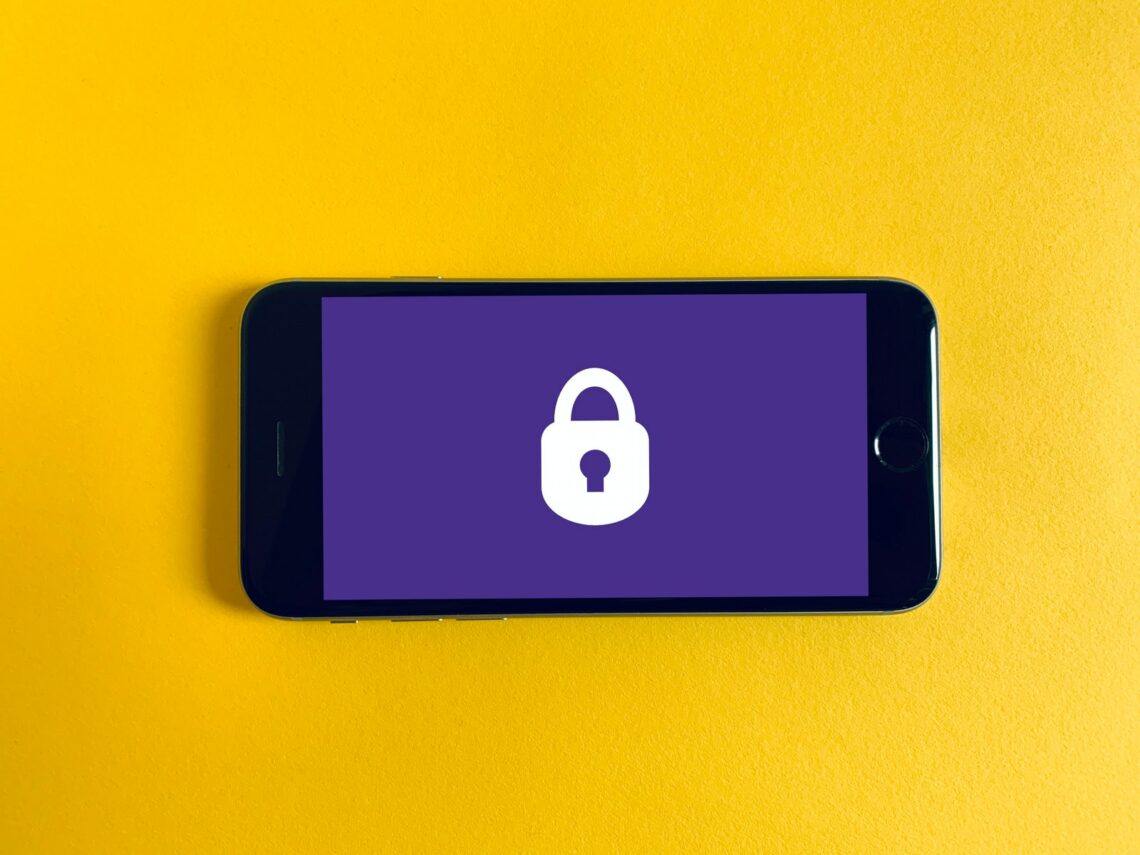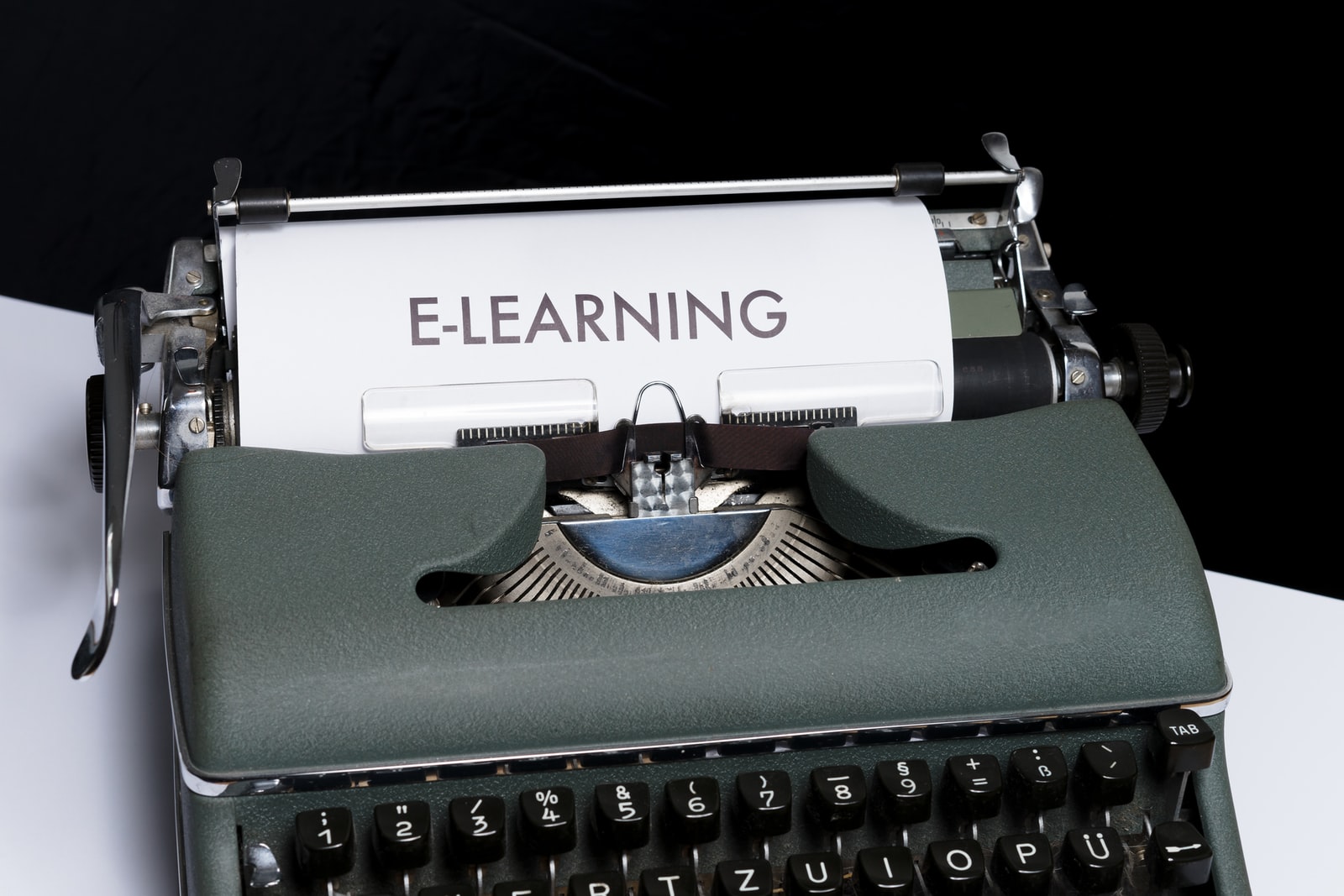Wow, so much to learn in these readings! The reading I found most useful was the Freedom of Information and Protection of Privacy Act. This document is clearly laid out and really helped guide my understanding for the other readings.
In the article Ethical challenges of Edtech, big data, and personalized learning: twenty-first century student sorting and tracking, the author discusses the controversy around student tracking and discrimination. While I understand the intention of student tracking, I don’t like the idea of ‘ability grouping’. I think this is discriminatory because there are many different reasons why a student might not be considered “advanced placement” and could have nothing to do with their intelligence. For instance, students of lower socioeconomic status may not be able to afford a tutor or have access to resources in order to improve their academic performance. Does this mean this student isn’t smart? No, this means this student simply doesn’t have access to what middle or high socioeconomic status students have access to. I’m not sure these personalized learning systems can understand that context and therefore discriminate against students by putting them into categories.
The ‘Passphrases” reading made me realize I may need to change some of my passwords haha! I used to always keep my passwords simple and easy to remember but of course this makes it much easier for my passwords to be guessed. I had never heard of the term phishing before this reading and it definitely made me realize I need to be more cautious when it comes to entering my information online. I also didn’t know it was recommended to change your password at least once a year, this is something I’ll be implementing as well. Overall this reading really made me realize how easily accounts/information can be hacked into and it is very important to take the necessary steps to secure your information.
In the Critical digital pedagogy reading, there was a quote that particularly stood out to me. It read,
“We are better users of technology when we are thinking critically about the nature and effects of that technology. What we must do is work to encourage students and ourselves to think critically about new tools (and, more importantly, the tools we already use). And when we’re looking for solutions, what we most need to change is our thinking and not our tools.”
This quote stood out to me because I think some teachers who didn’t grow up with technology and social media often have biases against technology and are afraid or hesitant to use it in their classrooms. But as this quote states, we must think critically about new tools and how we can use them to ultimately transform learning. This directly relates to the SAMR model (created by Dr. Ruben Puentedura) which is a framework for how technology use in the classroom can enhance and/or transform learning. When teachers and students can think critically and collaborate on ways of using technological tools in the classroom, the possibilities are endless. I would like to learn more about critical digital pedagogy and how I can incorporate it into my teaching practice.
Image Modified from Original by Lefflerd’s on Wikimedia Commons https://www.powerschool.com/blog/samr-model-a-practical-guide-for-k-12-classroom-technology-integration/
Regan, P., & Jesse, J. (2019). Ethical challenges of edtech, big data and personalized learning: Twenty-first century student sorting and tracking. Ethics and Information Technology, 21(3), 167-179. DOI: 10.1007/s10676-018-9492-2
Morris, S. M., & Stommel, J. (2018). An urgency of teachers: The work of critical digital pedagogy. Hybrid Pedagogy


